How do you scale a unique, high-end concept across continents? Following their recent grand opening in Miami, David McIntyre details the successful journey from Madrid to Miami, the unique vertical challenges of their venues, and the essential quantitative and qualitative metrics they use to ensure a successful launch every time. We at OysterLink recently sat down with David McIntyre to talk about his journey.
Please introduce yourself and tell us about Amazonico's global journey, all the way to Miami
David McIntyre: I'm the Chief Operating Officer of a company called Dream International. Dream International is the holding company for several verticals, including Grupo Paraguas, the founder of Amazonico, and the Amazonico brand. Amazonico was formed in 2016 in Madrid under the stewardship of its current owners, Sandro Silva and Marta Seco.
They developed this concept, a fusion of cuisines from the Amazon River basin. So you've multiple countries through which the Amazon River flows, its tributaries all the way down to its outlet into the ocean. And it has, I think, passed through six different countries. And so the opportunity to introduce different cuisines and experiences exists along that journey of the Amazon River.
In 2016, in Madrid, Dream International partnered with the founders, and we began our journey together there. We opened our next restaurants in London and Dubai in 2019, approximately one month apart. And then, on April 5th of 2024, we opened in Monte Carlo, and now we are ready for the next step in our evolution: our first flagship in North America, in Miami. In terms of the concept, conceptually, it's a destination for nightlife and for dining.
We offer multiple experiences across multiple floors, which keeps our guests on the property after they've made a reservation. So they can enjoy live music seven days a week in a white-tablecloth environment downstairs. Then they can head upstairs to our second floor, which is a little more energetic, features a DJ and a percussionist, goes a bit later at night, offers bottle service, and features a full sushi counter. And later in the evening, should they so choose, we can invite customers upstairs to our Ultra Lounge, which is quite unique in the Brickell neighborhood of Miami.
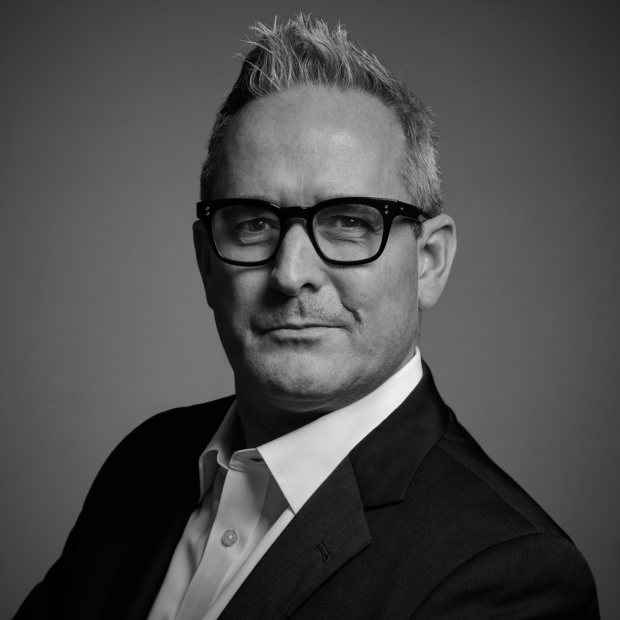
Given the complexity of the multi-level venue, what operational challenges do you face?
David McIntyre: Well, ironically, the biggest challenge that we face is our biggest asset. Our vertical circulation is a building feature, and it's become the de facto Instagram moment because it's so beautifully designed, with a three-dimensional tile around the outside and a mirrored surface on the inside.
And so that becomes the de facto place where people take their Instagram shot. And obviously, that lends itself to greater social media exposure.
That said, it's also the primary route for our customers between the ground floor and the lounge on the second floor. In terms of the other operational challenges, we serve food from our main kitchen up to the second floor, and we serve bites on our third-floor terrace. So we have an army of runners that are constantly moving food up and down through the venue.
Our principal purpose is to get our food there as quickly as possible, as hot as possible, and that requires us to employ an army of people just to deliver the food across all three levels.
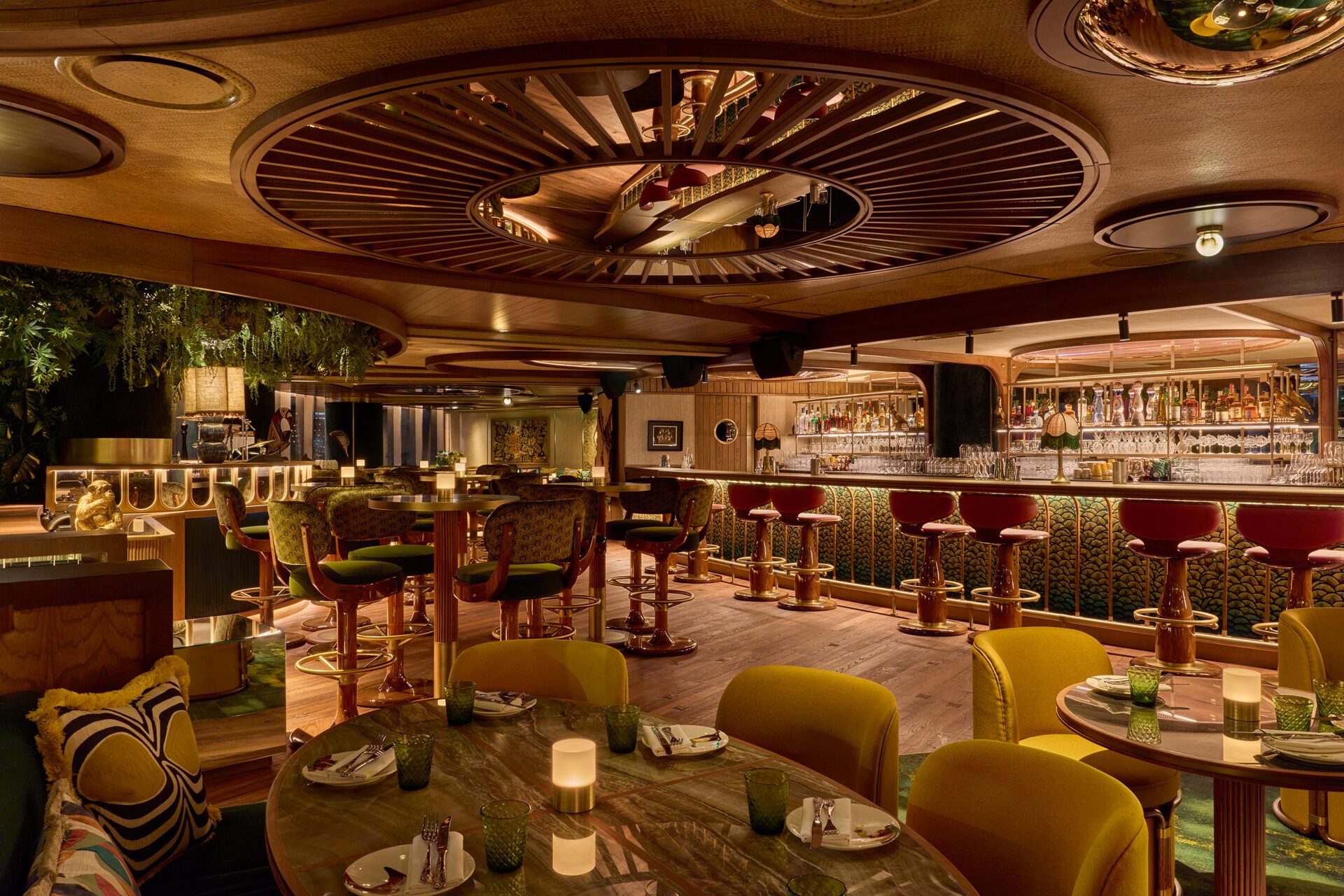
And how is staffing in Miami? I mean, do you find it easy? Are we facing challenges?
David McIntyre: I think staffing in Miami, like every market, has its challenges. And I think those challenges begin with housing affordability, transportation, and then, of course, there are the cultural complexities to navigate within any market. ⁓
Miami is a growth market for hospitality. It's shown very few signs of abating. There's a ton of new additions to the market, increasing the seed count and seeding capacity in Miami, meaning only the very best will survive.
And I think one of the focuses for our group is to ensure that our staff are well trained, focused on our vision of hospitality, and well taken care of and well compensated, so that we don't experience the same level of turnover as we might in other locations.
What are the absolute red flags and the green flags you look for in a potential candidate?
David McIntyre: We use a lot of behavioral questions when we interview our staff, our managers, and our line-level employees.
The best predictor of future behavior is past behavior, and so when we ask questions of our employees, we're looking for specific answers.
The question might be: give me an example of a time when you satisfied a guest. If the employee or the interviewee answers with a hypothetical, it means they don't really have a grasp of what that is, what that achievement is. So I think we also look for timeliness and professionalism in how they show up for the interview. But also, as I said, it's mostly behaviour-led questions.
If we ask for an example, it's incredibly important that the interviewee is able to clearly articulate a time that they did an actual thing, not a hypothetical moment.
I think the other thing that I would suggest is we want employees who don't use buzzwords, that they're genuine, they're authentic.
And the other thing we look out for is evasiveness when they answer questions. So again, you're looking for that past behavior and their understanding of how it contributes to their holistic abilities for the position.
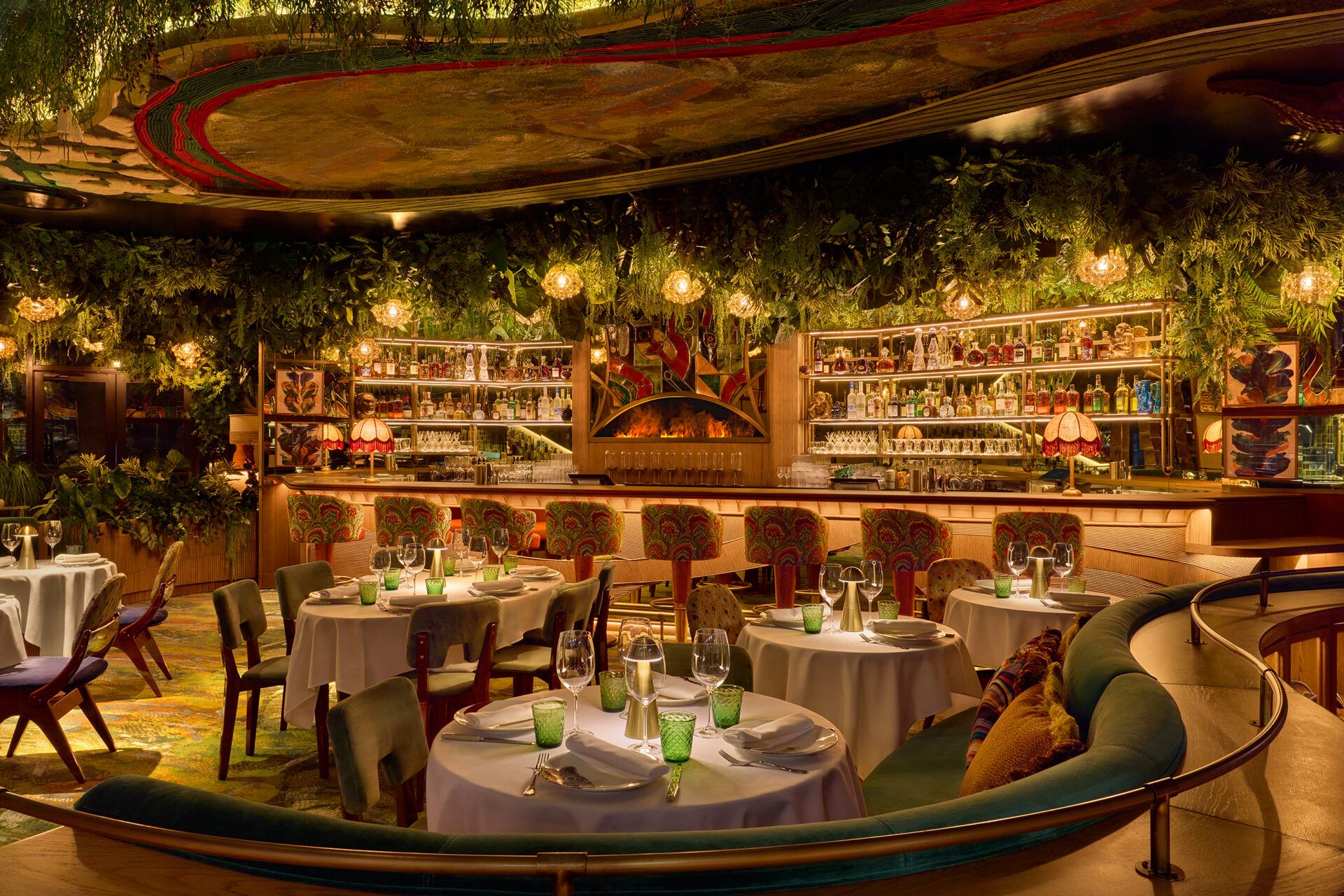
What's your one advice for someone interested in getting a job at Amazonico Miami?
David McIntyre: Number one advice, come prepared. Do your homework, understand what the concept is, and study what we are, who we are, what we represent, and come prepared to talk about yourself and your goals, your aspirations, and how you see that as a potential fit for our company.
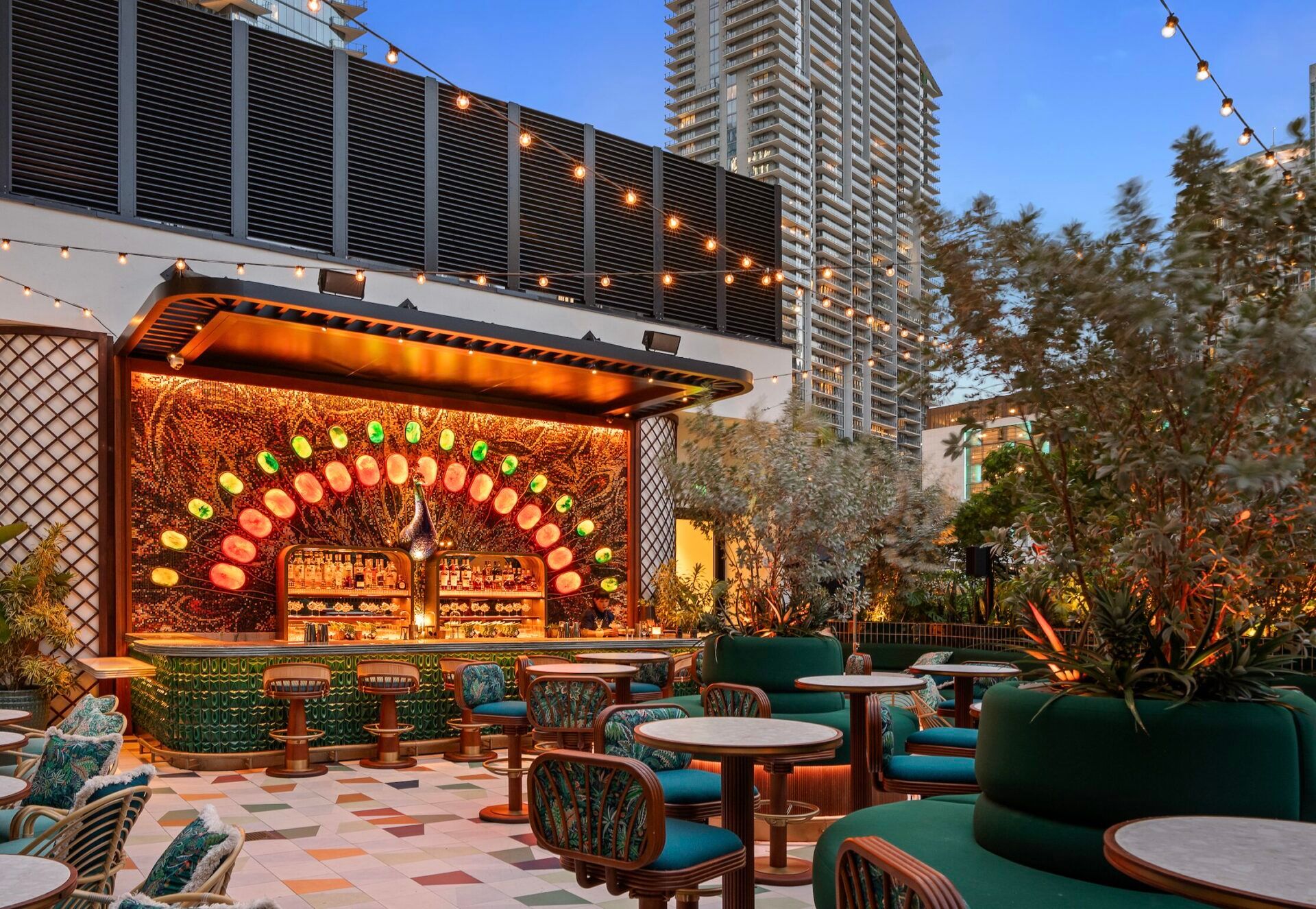
A few weeks ago, you had your grand opening in Miami. What's your own metric for a successful opening?
David McIntyre: Well, it's a good question. And I think the answer is multi-tiered. There are the physical metrics; obviously, how many covers did you do? What was the spend per head? What was the table turn time? How long did customers wait for a table? All of which are, like, fairly strong physical metrics that we track across all our systems, right? And whether that's our POS or CRM, table management system.
But I think the qualitative metrics are just as important. During our first day of live service, we're going to be checking to see where there was congestion, we're going to be checking to see which items came out of the kitchen slowly, that lagged on delivery, and whether we need to retool the menu so that doesn't happen.
Was there the right level of communication between our front of house, our back of house, our door staff, and the floor staff? And I think a lot of that is, so that's the qualitative side, and then as I said, the quantitative is output from your various systems, and then of course, your output from the customer feedback, right? What have they said to us? What is said about us online? How quickly have our Instagram followers increased over the last week or so? I mean, one day doesn't really give you much data, but it's a starting point.
We want our customers to feel welcomed, and we only do that when we understand them and we understand what their needs are.
And we use all the metrics available to us to form the right corrective action, the right decisions to make the operation better, and to make the product better, and to build community within our market, right?
What's next then for Amazonico? What's after Miami?
David McIntyre: Yeah, I mean, there are several. For the Grupo Paraguas brand, let's start with that. We are opening a small hotel, a large facility that's mostly food-and-beverage led, in Madrid at the Metropolis in November of this year. It has 19 suites, five restaurants, and that'll happen before the end of this year.
Moving forward, one of the brands in Grupo Paraguas that we will be evolving is Restaurante Ultramarinos Quintin, which is a three-meal-a-day restaurant concept, a neighborhood restaurant concept that we've had quite a lot of interest in here in the United States. And we've already had a lot of interest from several developers to take the Amazonical brand further around the United States to key gateway cities. So we're assessing those opportunities, we're determining which ones make sense for us, and we're trying to create a pathway to a much larger portfolio within the United States.
Find available restaurant manager jobs in Miami, or check out more interviews like this brought to you by OysterLink to learn about the industry. You can also get them straight to your email by creating an OysterLink account and joining our newsletter.
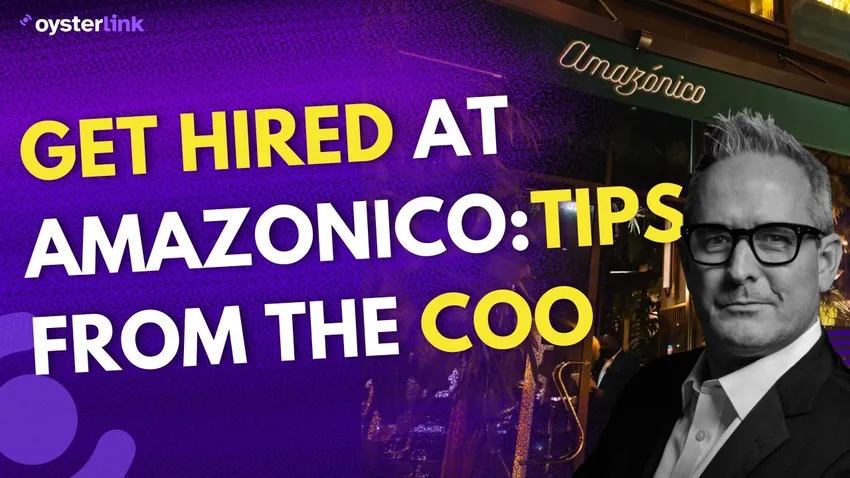
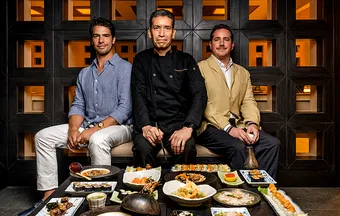
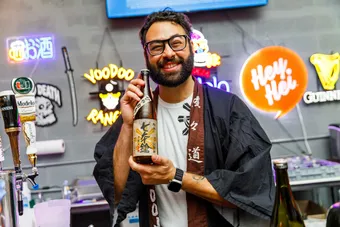
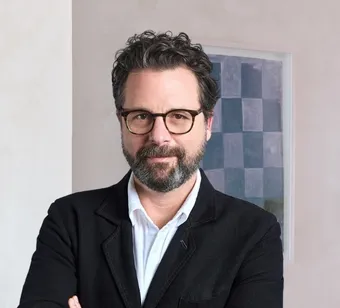
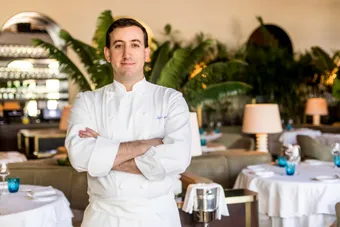
Loading comments...